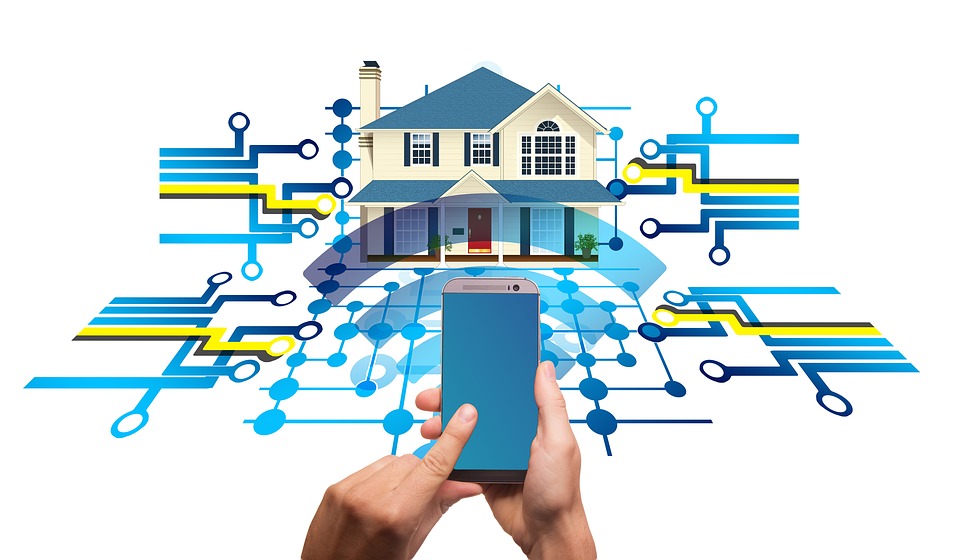In the past, real estate has, at times, been considered an archaic industry in terms of business operation and functionality. However, the industry is starting to embrace the technology sector, and a great example of this is its application of the internet of things (IoT), or connected technologies.
IoT technology continues to become a part of everyday life — especially within smart homes, smart buildings, and smart cities. As time goes on, the technology is expected to become smarter and even more connected; soon it may revolutionize on how we operate with our landlords and tenants.
The Real Estate sector will soon live in a more connected physical world. For example, buildings will become a host of wide range of IoTs based on applications. Sensors installed in buildings will have the capability to gather a vast array of data, which in turn can be utilized to gather data for better analysis. The analysis will provide data on how to optimize a buildings infrastructure occupation and operation. Further examples of how IoTs is already making an impact are the following:
HVAC and lighting controls can now be adjusted to the presence or absence of occupants. The longer the system is used, the more is able to adapt and learn usage patterns. In the long run this will reduce the building energy cost.
Sensors embedded into buildings will allow the maintenance crew stay ahead of the game. Sensors will be able to detect when a potential problem may occur. Thus, preventing a catastrophic costly repair.
Smartphone apps integrated into the building can guide the occupant to their destination (i.e. desk, office, or meeting). This technology is similar to gps maps alerting the driver of upcoming road hazards.
Although there’s leaps and bounds in technology for the real estate sector, it presents legal issues. To start off with there’s data protection and privacy. IoT has potential to capture a large amount of data, which includes private or personal. Another concern is security. The users of the technology will need to ensure their systems aren’t open for attack by third parties, allowing access to private and valuable data. Also, the possibility of disrupting operation or breaking into buildings. Finally, retro-fitting sensors into older buildings will need to be taken into consideration.
